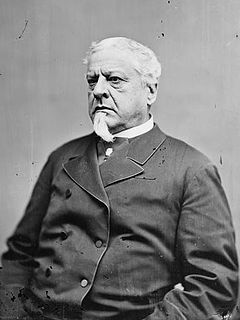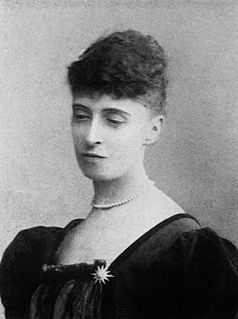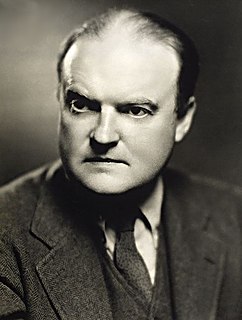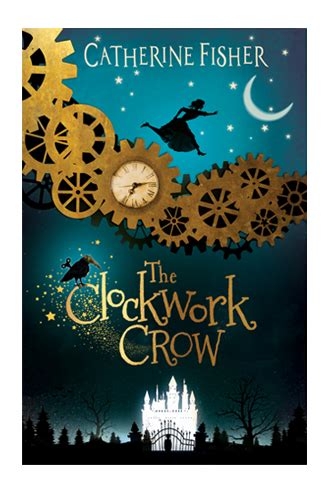A Quote by Criss Jami
A poet should be so crafty with words that he is envied even for his pains.
Related Quotes
The translator ... Peculiar outcast, ghost in the world of literature, recreating in another form something already created, creating and not creating, writing words that are his own and not his own, writing a work not original to him, composing with utmost pains and without recognition of his pains or the fact that the composition really is his own.
A young poet in America should not be advised at the outset to give up all for the Muse-to seclude himself in the country, to live hand from mouth in Greenwich Village or to escape to the Riviera. I should not advise him even to become a magazine editor or work in a publisher's office. The poet would do better to study a profession, to become a banker or a public official or even to go in for the movies.
The happiness of being envied is glamour.
Being envied is a solitary form of reassurance. It depends precisely upon not sharing your experience with those who envy you. You are observed with interest but you do not observe with interest - if you do, you will become less enviable. In this respect the envied are like bureaucrats; the more impersonal they are, the greater the illusion (for themselves and for others) of their power. The power of the glamorous resides in their supposed happiness: the power of the bureaucrat in his supposed authority.
He was a very private person, and sometimes it seemed to me that he was no longer interested in the world or in other people... I got the feeling that Julián was living in the past, locked in his memories. Julián lived within himself, for his books and inside them - a comfortable prison of his own design." "You say this as if you envied him." "There are worse prisons than words.






































